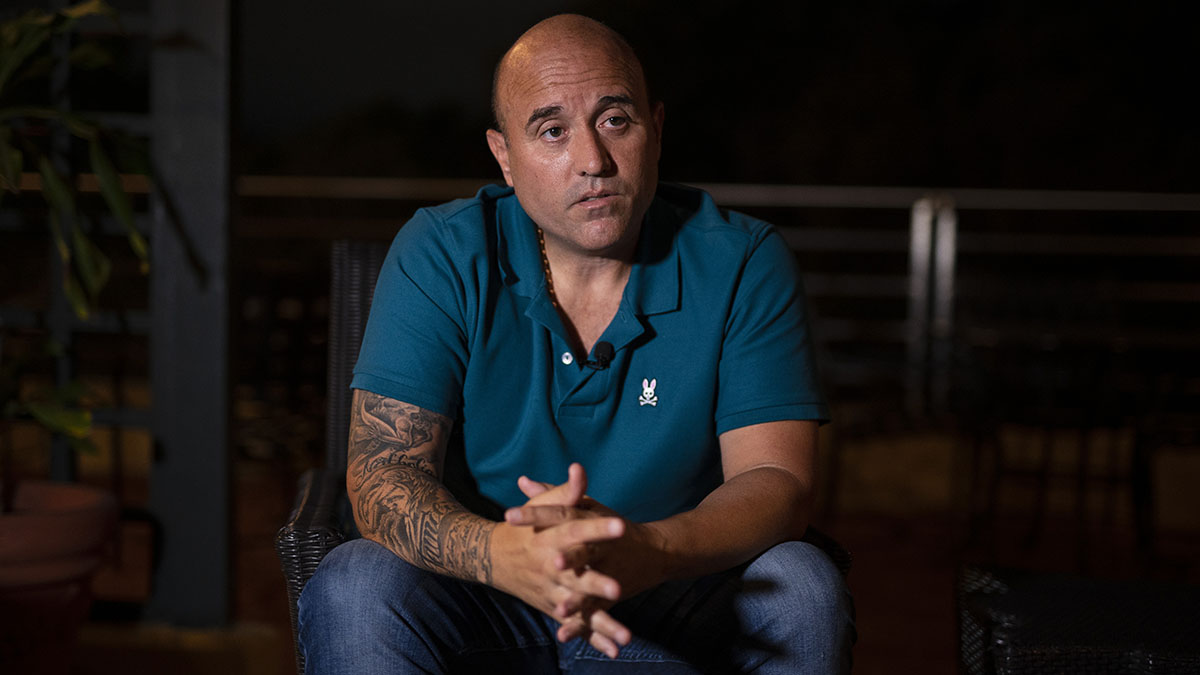A team of researchers from the University of Houston say they have developed a new fentanyl vaccine that could help put an end to the nation’s opioid epidemic.
The study, which was published in the scientific Pharmaceutics journal, said that the potential vaccine eliminates the drug's “high” or euphoric feeling by blocking its ability to enter the brain.
“Our vaccine is able to generate anti-fentanyl antibodies that bind to the consumed fentanyl and prevent it from entering the brain, allowing it to be eliminated out of the body via the kidneys,” associate psychology professor and the study’s lead author Colin Haile explained in a release.
UH researchers described the vaccine as a “game changer” and said it could have a major impact on the nation’s opioid crisis by helping to prevent relapses for those trying to quit.
Get top local stories in DFW delivered to you every morning. >Sign up for NBC DFW's News Headlines newsletter.
Fentanyl is often added to street drugs such as cocaine, methamphetamine and oxycodone, as well as to counterfeit medications like Xanax. Scientists say that consuming as little as 2 milligrams of fentanyl can be fatal, depending on the person’s body size.
More than 150 people die every day from synthetic opioid overdoses, which the study says is 50 times stronger than morphine.
The number of opioid-related deaths in the U.S. is on the rise, according to recent data from the Centers for Disease Control and Prevention. The U.S. saw more than 56,000 overdoses involving synthetic opioids in 2020 and only continued to increase throughout the COVID-19 pandemic.
“Fentanyl use and overdose is a particular treatment challenge that is not adequately addressed with current medications because of its pharmacodynamics,” the study’s senior author Therese Kosten said. “Managing acute overdose with the short-acting naloxone is not appropriately effective as multiple doses of naloxone are often needed to reverse fentanyl’s fatal effects.”
The study, which was funded by the Department of Defense, found that the vaccine targets fentanyl and its derivatives and does not cross-react with other opioids, which means that those who take the vaccine can still be treated for pain relief with other opioids.
Researchers said the vaccine did not cause adverse side effects on rats during lab studies and that clinical trials on humans will begin soon.



